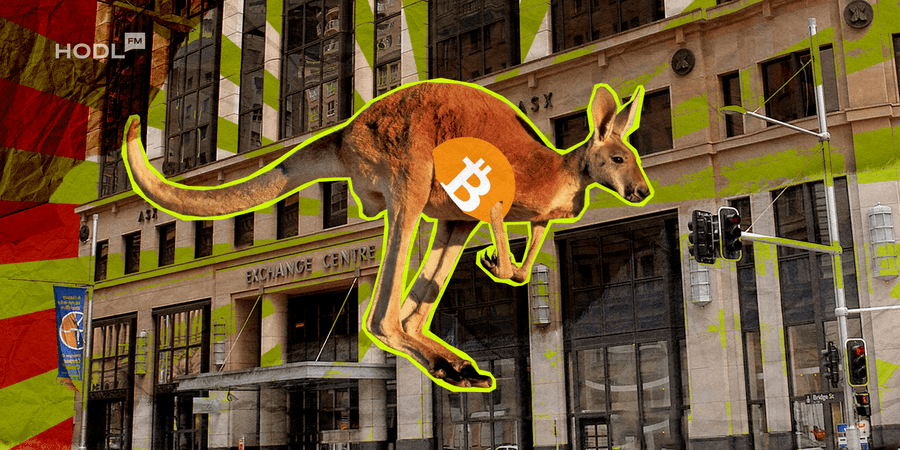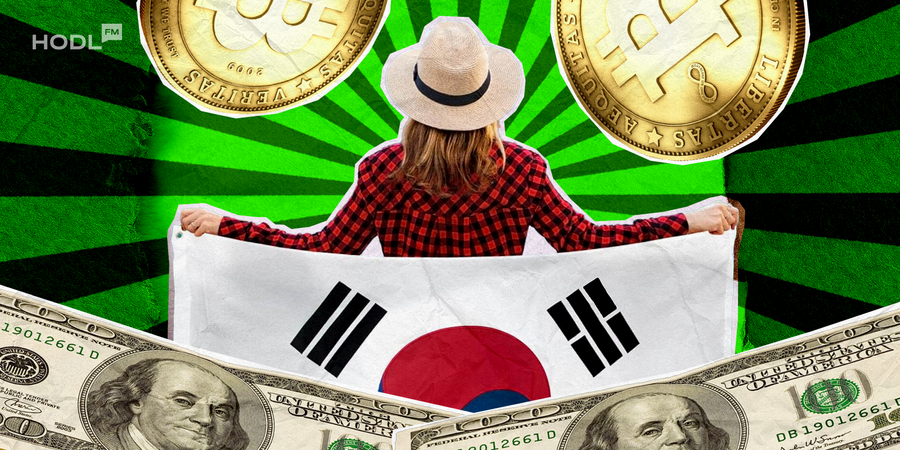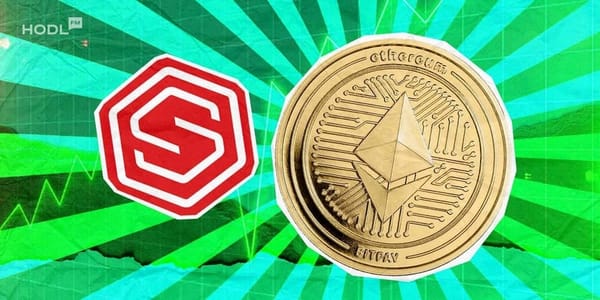AI-agent platform IQ and decentralized finance protocol Frax announced on Thursday the launch of KRWQ, a new stablecoin pegged to the South Korean won (KRW). KRWQ is the first Korean won-backed stablecoin available on Coinbase’s Ethereum Layer 2 network, Base.
The token debuted with a KRWQ/USDC trading pair on the Aerodrome decentralized exchange, marking its official entry into the global DeFi ecosystem.
When it comes to stables in 🇰🇷 look for the Q.
— KRWQ.cash (@KrwqCash) October 25, 2025
KRWQ. https://t.co/LEAML6R8Cj
The two firms said the launch aims to fill a notable gap in the market dominated by U.S. dollar-pegged assets.
“KRWQ fills a critical gap in the market. While USD-backed stablecoins dominate today, no credible won-denominated stablecoin has ever launched at scale,” said IQ’s Chief Brain, Navin Vethanayagam.
Bringing multichain interoperability to stablecoins
KRWQ stands out as the first multichain won-pegged stablecoin, utilizing LayerZero’s Omnichain Fungible Token (OFT) standard and the Stargate bridge to enable seamless transfers between multiple blockchains. This design allows KRWQ’s reach to extend across DeFi ecosystems while maintaining price stability and security.
IQ said the collaboration uses Frax’s expertise in regulatory compliance and token architecture, modeled after frxUSD, to align the new stablecoin with institutional standards. The approach is expected to support due diligence and attract larger financial institutions interested in blockchain exposure.
In a press statement, IQ noted that KRWQ was “developed in anticipation of forthcoming stablecoin legislation currently under review in the Korean National Assembly” and represents an effort to design the first fully regulatory-compliant stablecoin tailored to the South Korean market.
Not yet available to domestic users
Despite being backed by the South Korean won, KRWQ is not yet marketed or offered to local residents, as South Korea’s regulatory environment for stablecoins remains under development. The country’s lawmakers are still discussing the legal framework that would govern issuance, redemption, and handling of fiat-backed digital assets.
Minting and redemption of KRWQ are currently restricted to eligible institutional counterparties, such as licensed exchanges, market makers, and compliant institutional partners. The stablecoin is instead positioned for use in global DeFi markets, while Korea’s domestic rollout awaits policy clarity.
South Korea’s evolving stablecoin landscape
The launch of KRWQ follows increasing momentum in South Korea to develop a domestic stablecoin ecosystem. Since the election of pro-crypto President Lee Jae Myung in June, the government has sought to establish a Korean won–denominated digital asset market as part of a push to strengthen monetary sovereignty and digital competitiveness.
Earlier this year, custody provider BDACS launched the KRW1 stablecoin on the Avalanche blockchain, which it characterized as a proof-of-concept project due to unclear local regulations. BDACS later announced plans to expand KRW1 through other chains, including Circle’s blockchain platform Arc.
However, the regulatory debate remains active. The Bank of Korea insists that stablecoin issuance should be limited to licensed banks, emphasizing the need to safeguard national monetary policy. In contrast, segments of the crypto industry and emerging fintech sector argue that non-bank entities should also be allowed to participate, promoting competition and innovation in the growing stablecoin ecosystem.
Regional trend toward local currency-backed assets
KRWQ’s debut arrives amid broader efforts across Asia to diversify digital payment infrastructure beyond U.S. dollar dominance. In Japan, fintech firm JPYC recently launched the world’s first yen-pegged stablecoin backed by domestic deposits and Japanese government bonds.
Industry experts believe these national-currency stablecoins could play a key role in cross-border settlements and digital trade, especially in light of increasing regulatory readiness.
As South Korea’s legislature continues to debate stablecoin-specific amendments to the Foreign Exchange Transactions Act, companies like IQ and Frax are positioning themselves at the intersection of compliance, transparency, and liquidity innovation.
A step toward globally compliant digital finance
By combining Frax’s DeFi infrastructure with IQ’s AI and compliance frameworks, KRWQ represents a significant milestone in the international adoption of fiat-backed digital assets. Though not yet accessible to South Korean residents, the token’s design underscores a forward-looking approach, bridging traditional finance and decentralized systems while anticipating regulatory evolution.
“KRWQ is a step toward a more inclusive, legally compliant stablecoin environment that aligns with Korea’s vision for digital monetary innovation,” IQ stated.
As the market awaits Korea’s stablecoin legislation, KRWQ’s launch positions IQ and Frax as early pioneers in developing a responsibly managed and technically advanced won-based digital currency.

Disclaimer: All materials on this site are for informational purposes only. None of the material should be interpreted as investment advice. Please note that despite the nature of much of the material created and hosted on this website, HODL FM is not a financial reference resource, and the opinions of authors and other contributors are their own and should not be taken as financial advice. If you require advice. HODL FM strongly recommends contacting a qualified industry professional.





